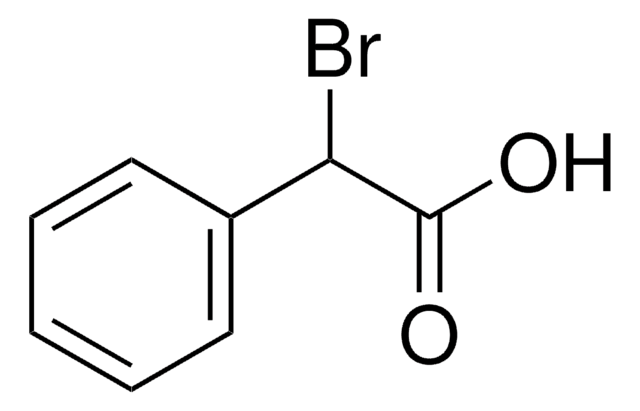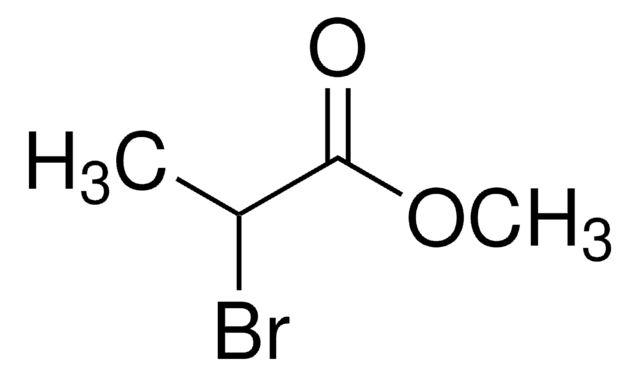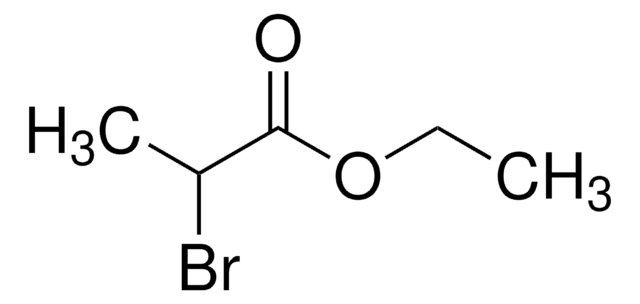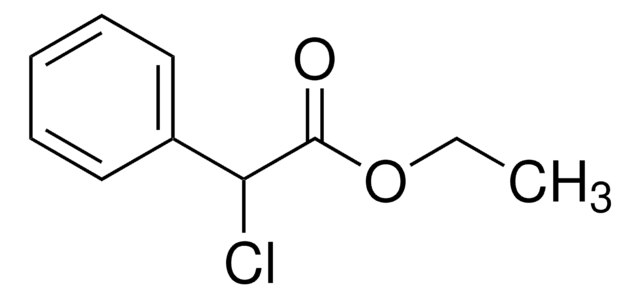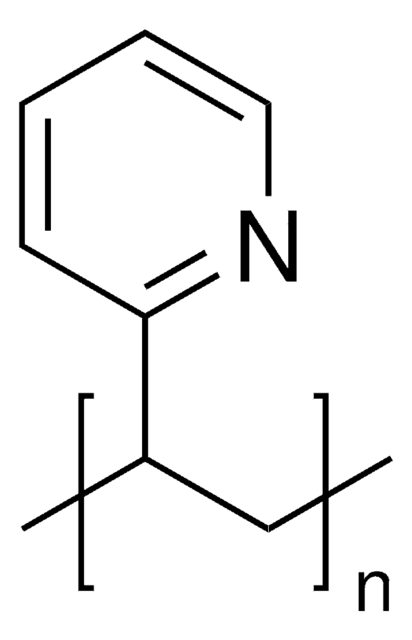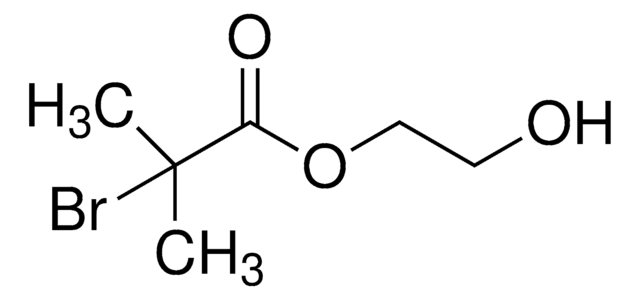554065
Ethyl α-bromophenylacetate
97%
Sinónimos:
α-Bromobenzeneacetic acid ethyl ester, α-Bromophenylacetic acid ethyl ester, 2-Bromo-2-phenylacetic acid ethyl ester, Ethyl (±)-α-bromobenzeneacetate, Ethyl 2-bromo-2-phenylacetate, Ethyl 2-bromophenylacetate
About This Item
Productos recomendados
Quality Level
assay
97%
refractive index
n20/D >1.5390 (lit.)
bp
89-92 °C/0.9 mmHg (lit.)
density
1.389 g/mL at 25 °C (lit.)
SMILES string
CCOC(=O)C(Br)c1ccccc1
InChI
1S/C10H11BrO2/c1-2-13-10(12)9(11)8-6-4-3-5-7-8/h3-7,9H,2H2,1H3
InChI key
BKTKLDMYHTUESO-UHFFFAOYSA-N
Categorías relacionadas
Application
EBPA may be used as an initiator for the following:
- polymerization of dimethyl(methacryloyloxymethyl) phosphonate
- polymerization of methyl methacrylate (MMA)
- polymerization of trimethylolpropane triacrylate(TMPTA)
signalword
Danger
hcodes
Hazard Classifications
Eye Dam. 1 - Skin Corr. 1B
Storage Class
8A - Combustible, corrosive hazardous materials
wgk_germany
WGK 3
flash_point_f
230.0 °F - closed cup
flash_point_c
110 °C - closed cup
ppe
Faceshields, Gloves, Goggles, type ABEK (EN14387) respirator filter
Certificados de análisis (COA)
Busque Certificados de análisis (COA) introduciendo el número de lote del producto. Los números de lote se encuentran en la etiqueta del producto después de las palabras «Lot» o «Batch»
¿Ya tiene este producto?
Encuentre la documentación para los productos que ha comprado recientemente en la Biblioteca de documentos.
Nuestro equipo de científicos tiene experiencia en todas las áreas de investigación: Ciencias de la vida, Ciencia de los materiales, Síntesis química, Cromatografía, Analítica y muchas otras.
Póngase en contacto con el Servicio técnico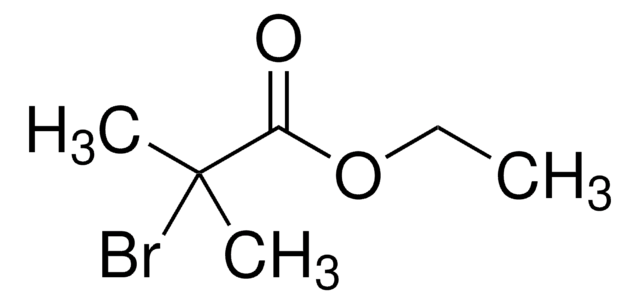

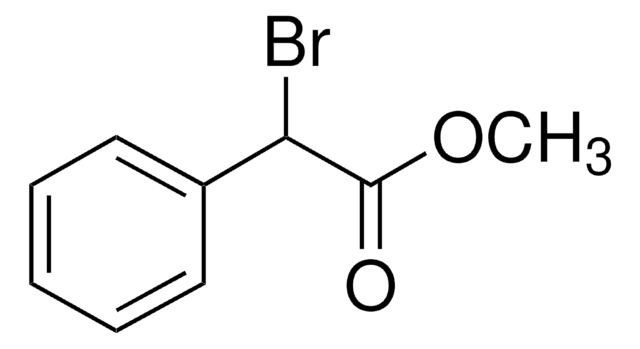
![Tris[2-(dimethylamino)ethyl]amine 97%](/deepweb/assets/sigmaaldrich/product/structures/695/792/ee0ff167-22a3-43a7-83a1-6c4908adf0ae/640/ee0ff167-22a3-43a7-83a1-6c4908adf0ae.png)
